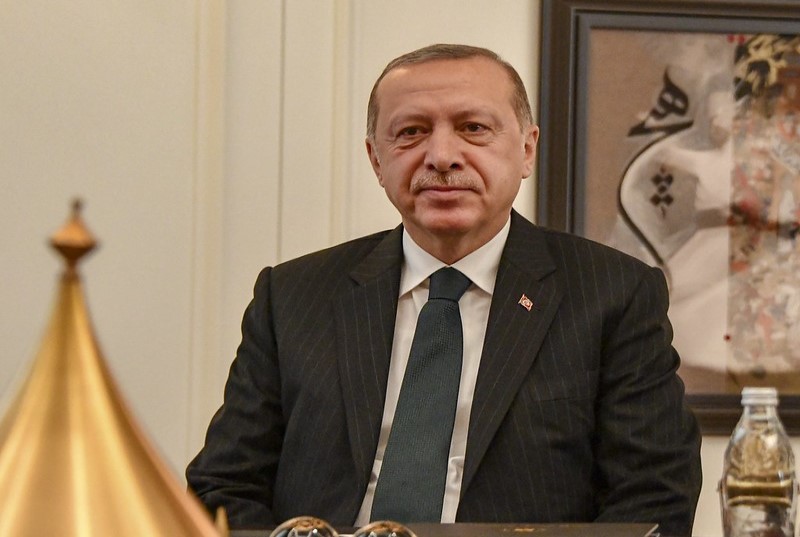Turkey and the Post-Ceasefire Security Design in Nagorno-Karabakh
By Natalia Konarzewska
December 30, 2020
Turkey offered unprecedented military assistance to Azerbaijan in its recent war with Armenia over the break-away Nagorno-Karabakh region. Its extensive military involvement in the conflict has already payed off and it is, furthermore, set to have far-reaching geopolitical implications in the future. The agreement with Russia on the establishment of a joint ceasefire monitoring centre provides Turkey with a military foothold in the south Caucasus. Even though Turkey is relegated to a secondary role in the post-war security arrangements in Nagorno-Karabakh – as Moscow is reluctant to share power in its self-assigned backyard – it has nonethelss gained a direct gateway to the Caspian Sea and Central Asia that may in time prove crucial.

Reducing its Dependence on Foreign Arms Suppliers, Turkey Enhances its Strategic Autonomy
By Richard Weitz (vol. 3, no. 14 of the Turkey Analyst)
Turkey is rapidly expanding its military forces by domestically producing many weapons and importing many more. The country is currently the world’s fourth largest arms importer, but the Turkish government is vigorously seeking to reduce its dependence on foreign arms suppliers while still retaining the capacity to wage conventional warfare in cooperation with its NATO allies. Turkish companies have also begun to assume the position as leading international arms sellers, making Turkey the world’s twenty-eight largest national arms exporter. In 2008, Turkish defense companies spent 228 million US Dollars on research and development. If continued, this trend will further reduce Turkey’s need to purchase foreign arms, and enhance Ankara’s strategic autonomy.


